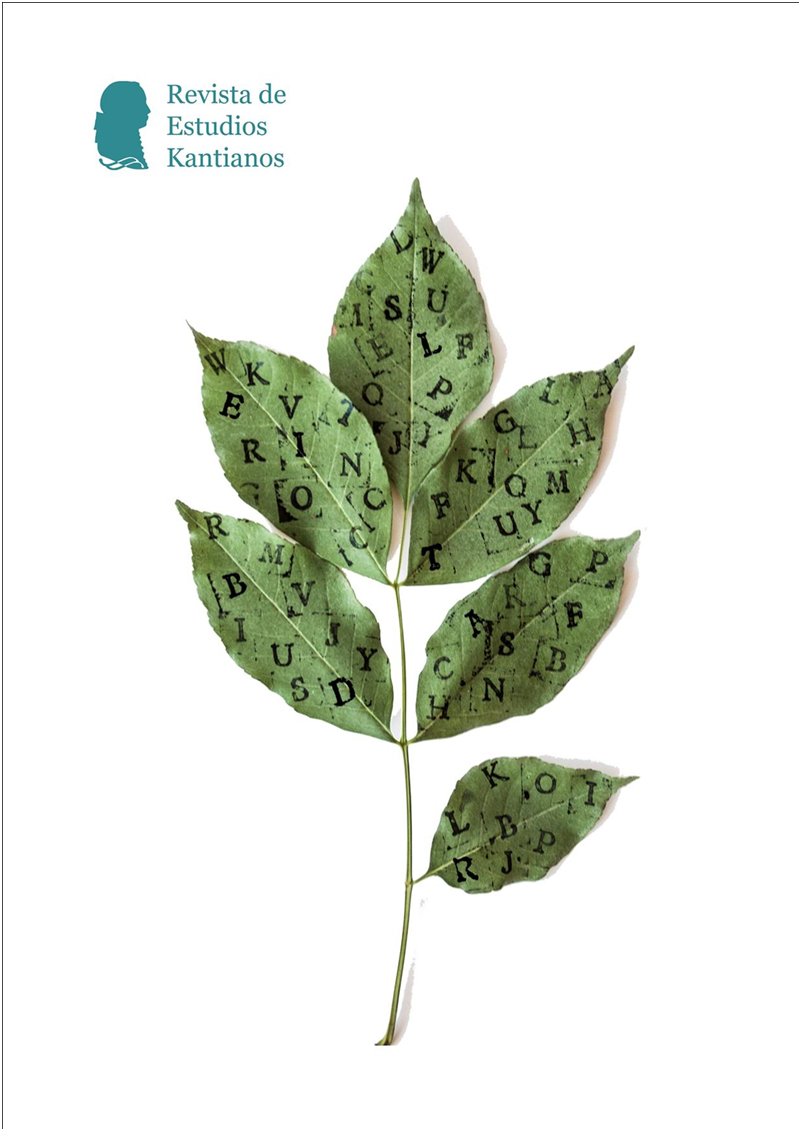‘What ought we do?’ and other questions
DOI:
https://doi.org/10.7203/REK.5.1.13785 Abstract
Abstract
Kant formulates the question “What ought I do?” as an agent’s question. This is not the only way in which practical reasoning can be approached. A great deal of contemporary work in ethics and political philosophy addresses different, often narrower, questions. Much of it focuses primarily on recipients rather than agents, and so on entitlements or rights rather than on requirements or duties to act, including most obviously discussions of human rights. I will consider some of the consequences and the advantages of starting from each of these questions, and some of the ways in which each shapes practical reasoning.
 Downloads
Downloads
Downloads
Published
How to Cite
-
Abstract322
-
PDF (Español)216
Issue
Section
License
![]()
The authors who publish in this journal agree with the following terms:
- The authors retain their copyright and guarantee to the journal the right to be the first to publish the work and to license it under a Creative Commons Attribution License that allows others to share the work with an acknowledgement of its authorship and the initial publication in this journal.
- Authors may separately establish additional agreements for non-exclusive distribution of the version of the work published in the journal (for example, placing it in an institutional repository or publishing it in a book), with acknowledgement of its initial publication in this journal.
- Authors are allowed and encouraged to disseminate their work electronically (e.g., in institutional repositories or on their own website) before and during the submission process, as this can lead to productive exchanges as well as earlier and greater citation of published work (see The Effect of Open Access).








